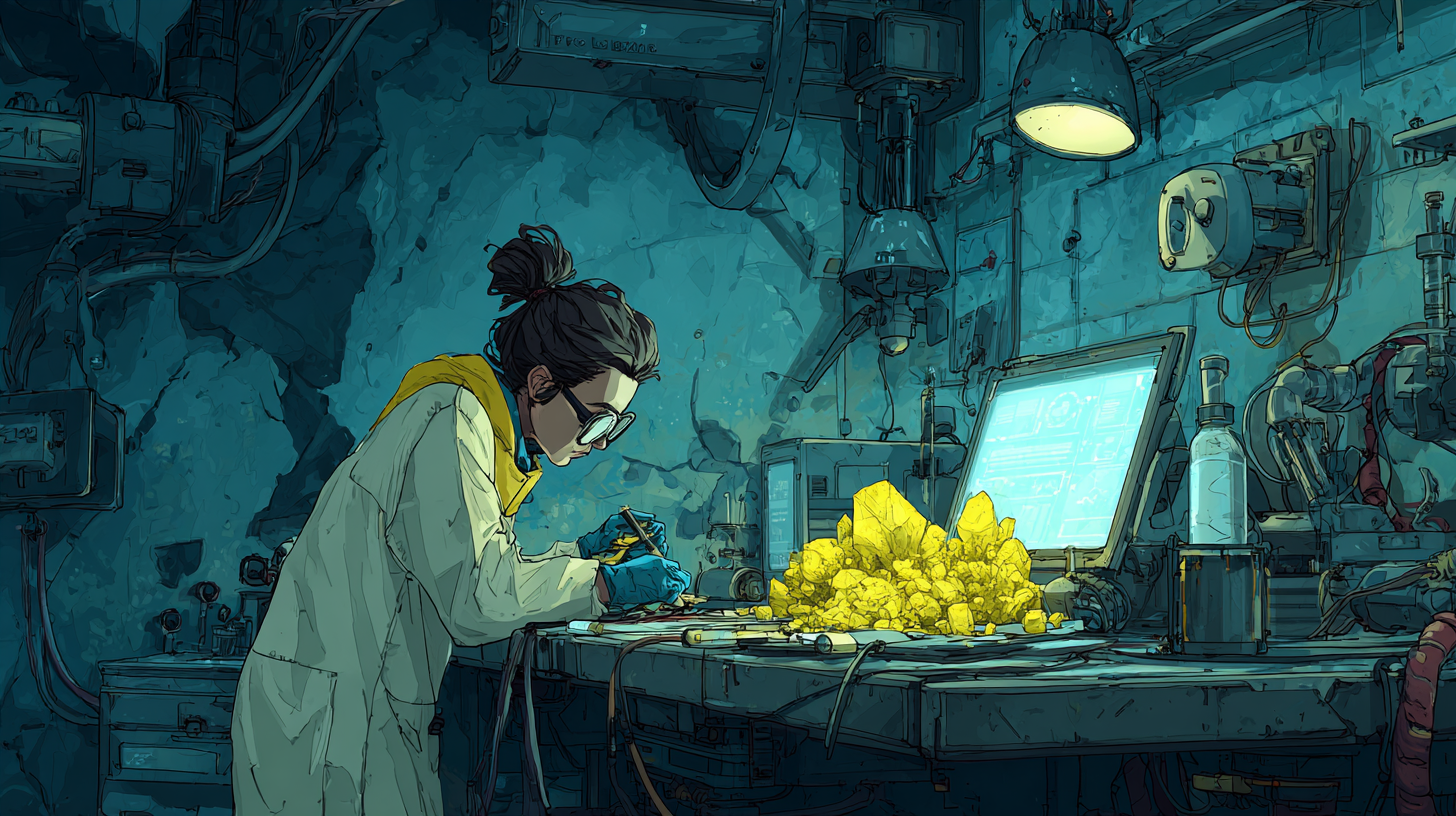What Makes a Great Space Opera?
Looking at the DNA of the Genre
Space opera is one of those terms that sounds faintly ridiculous until you realize it’s describing half the sci-fi you love. Star empires. Ancient alien tech. Ragtag crews trying to keep their rust-bucket ship flying while the universe catches fire.
When it works, it’s the most addictive form of science fiction out there. When it doesn’t, it’s just noise — ships blowing up with no reason to care.
So what makes a great space opera? Let’s break down the parts.
1. The Universe Feels Bigger Than the Story
A good space opera doesn’t stop at the edges of the page. You should feel like the galaxy keeps spinning whether or not you’re looking. Characters reference wars you’ve never heard of, governments you’ll never visit, traditions that make sense to them but not to you. That texture makes the world feel lived-in.
Rule of thumb: if your universe looks like it was invented five minutes before Chapter One, it’s too small.
2. High Stakes That Still Feel Personal
Yes, the fate of humanity matters. But no one cares about “billions dead” unless they know one of those billions by name. The best space operas balance the giant backdrop (wars, rebellions, extinction-level threats) with the small, gut-punch stories of the people stuck in the middle.
If the universe is ending but I don’t care about the pilot’s lost sister, your book is just fireworks.
3. Characters Who Bleed and Break
Space opera isn’t about shiny ships. It’s about the messy humans trying to keep them flying. Heroes make bad calls. Villains believe they’re the good guys. Sometimes the bartender who just wants to keep his little place open ends up the most important character of all.
Readers show up for spaceships. They stay for people.
4. A Sense of Wonder (and a Dash of Nonsense)
Look, the science almost never works. FTL drives aren’t real, and if someone actually punched another person in zero-G, it’d be a disaster of physics. But none of that matters if the story gives you awe. Alien ruins. Impossible technology. The creeping suspicion the universe is older and stranger than we can imagine.
Space opera works best when it makes you whisper: holy shit.
5. Themes That Echo Back at Us
The reason space opera sticks isn’t the pew-pew. It’s the reflection. Power. Rebellion. Greed. Love. Faith. All the things that drive us here on Earth, just painted across a galactic canvas. The genre lasts because it’s never just about stars — it’s about people.
The universe is the stage. The play is always human.
So What’s the Secret?
Big stories, bigger emotions. Messy people caught in even messier conflicts. A universe that feels like it existed before page one and will keep grinding long after the last line.
That’s what makes a great space opera.

